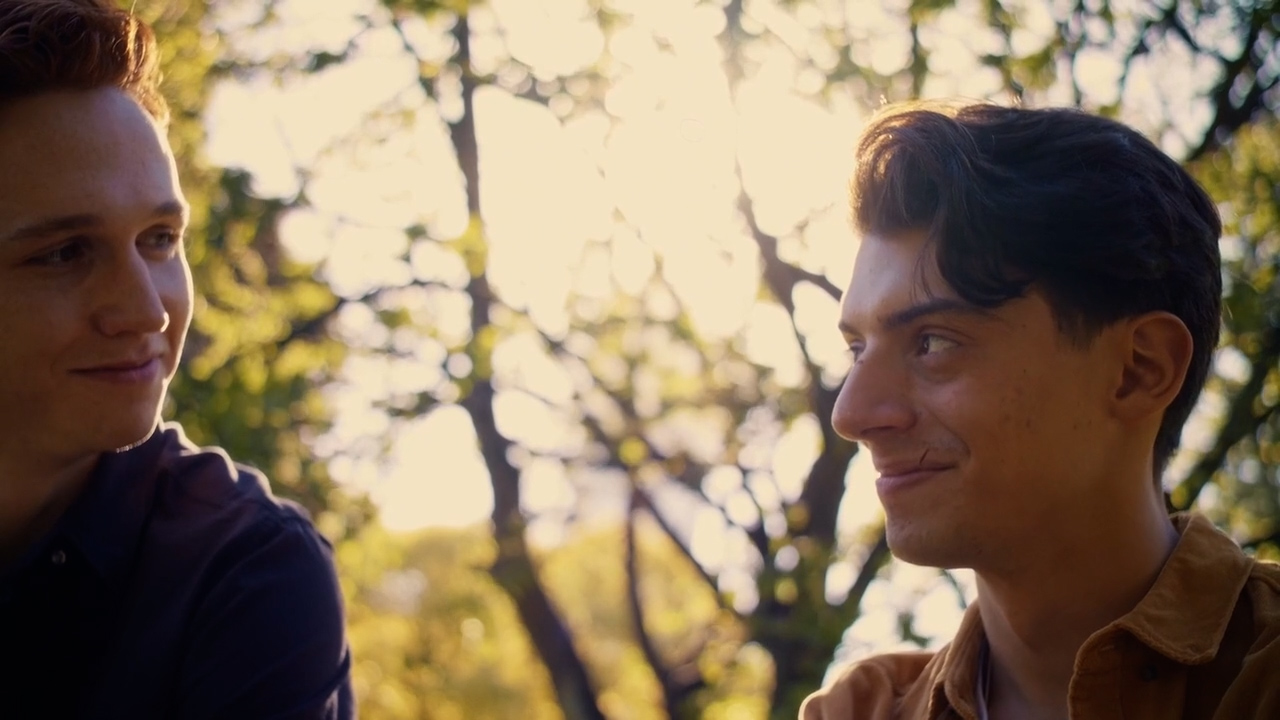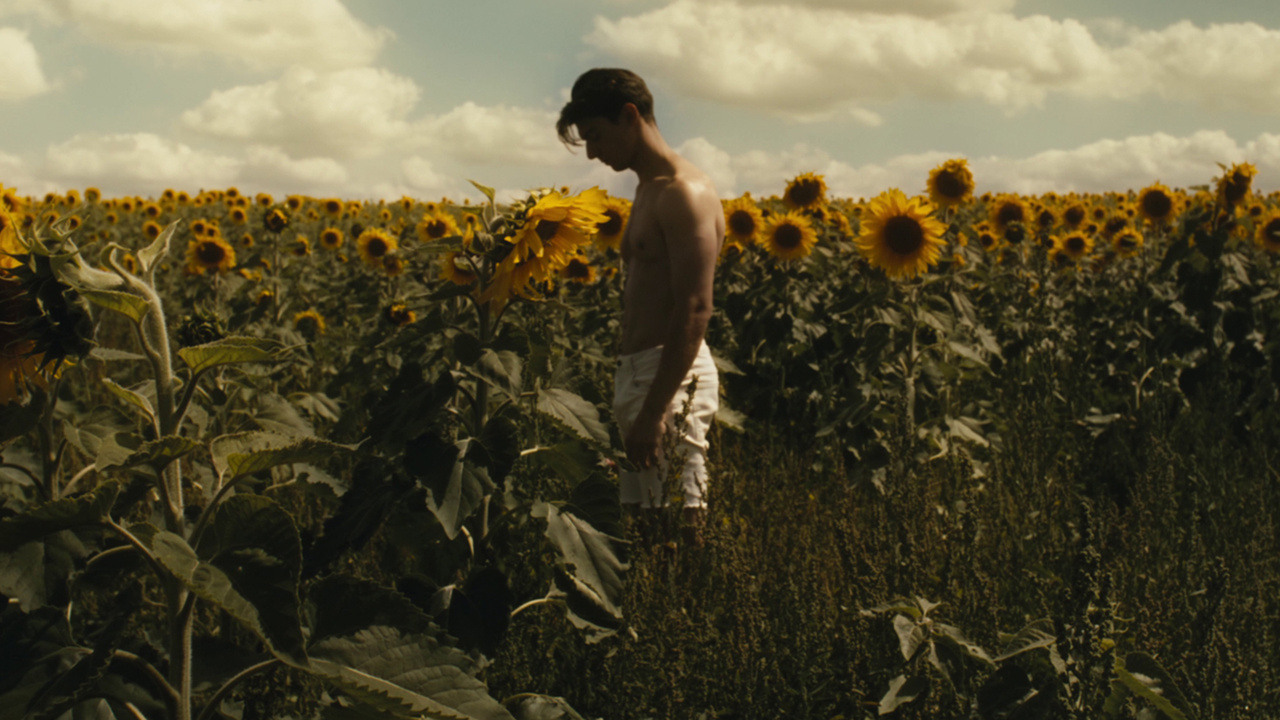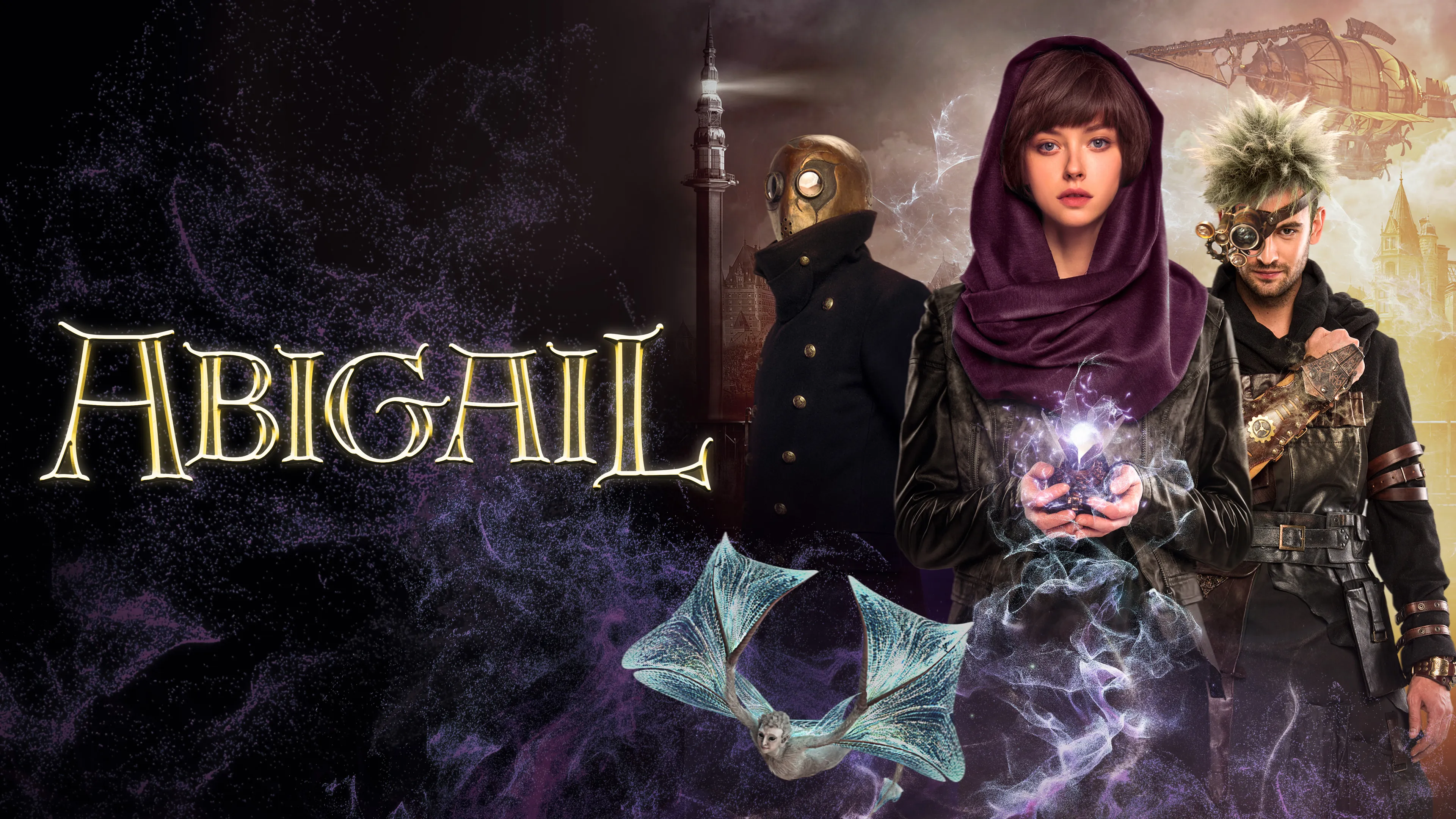Sunflower (2023)
Sunflower (2023), the feature debut of Australian writer-director Gabriel Carrubba, is a tender and powerful LGBTQ+ coming-of-age drama set against the working-class suburbs of Melbourne. With a runtime of just 84 minutes, it stands out as a visually striking and emotionally resonant exploration of identity, masculinity, and the journey toward self-acceptance.
The story centers on Leo, a seventeen-year-old navigating his final year of high school. Outwardly, Leo maintains the façade of adolescent normalcy—partying, studying, and dating his friend Monique. Internally, however, he struggles with feelings he cannot ignore, particularly toward his best friend, Boof. Leo’s journey is complicated by homophobic peers and toxic masculine pressures as he slowly comes to terms with his sexuality.

From the opening frame—Leo walking through a field of sunflowers, bathed in golden light—the film establishes symbolism that echoes throughout: sunflowers as a metaphor for reaching toward the sun, toward light, identity, and truth. This imagery is sharply contrasted by scenes of violence; an early gay-bashing sequence outside the school reveals Leo’s vulnerability in a world that refuses to see him.
Liam Mollica’s portrayal of Leo is raw and captivating. He conveys a mixture of longing, confusion, rage, and quiet strength that grounds the character in authenticity. Mollica’s performance is matched by Luke J. Morgan as Boof, who represents both the object of Leo’s desire and the embodiment of adolescent machismo. Boof’s internal conflicts culminate in a betrayal that propels Leo’s emotional arc.

Supporting performances include Daniel Halmarick as Tom, a quiet and empathetic classmate whose friendship offers Leo a glimpse of acceptance, and Diana Ferreira and Sal Galofaro as Leo’s parents, whose dynamic evolves in emotionally nuanced ways reflecting compassion, disappointment, and eventual understanding.
Visually, the film excels thanks to cinematographer Martine Wolff, whose lens captures the gritty realism of Melbourne’s outer suburbs while imbuing key moments with dreamlike beauty. The sun-drenched fields and intimate school scenes feel both immediate and poetic, marrying realism with metaphor in a way few coming-of-age films achieve.

Critics have lauded Sunflower for avoiding clichés and sentimentality, crafting instead a film that is heartfelt yet grounded. It seamlessly weaves high-intensity and delicate moments without resorting to melodrama. Its pacing allows emotional truths to unfold in resonance rather than exposition. Reviewers note that even characters who initially seem antagonistic are shown with complexity—Boof’s bravado is rooted in fear, and Leo’s parents reveal internal struggles rather than one-dimensional reactions.
Audience response echoes this critical acclaim. Many viewers describe experiencing a deep personal resonance with Leo’s journey—seeing in his coming-out process echoes from their own lives. Comments often highlight the film's honesty and emotional clarity as its greatest strengths.
Overall, Sunflower (2023) is a cinematic meditation on identity, belonging, and the courage it takes to choose authenticity. It is a quietly powerful debut—confident, affecting, and hopeful. With its visual poetry, nuanced performances, and emotional intelligence, it stands as a potent addition to modern queer cinema and a film that turns its face toward light, much like the flower in its title.



